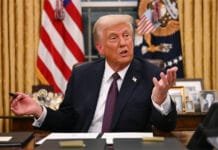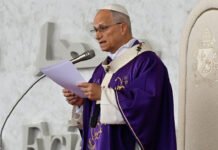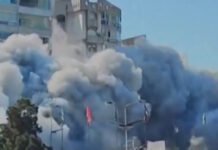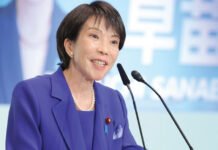Vienna : The International Atomic Energy Agency (IAEA) Board of Governors adopted a resolution on Thursday sharply criticizing Iran’s cooperation with the agency over its nuclear program. The resolution, which demanded immediate access to nuclear sites and accurate information on nuclear material accounting, was supported by 19 member states with 3 opposing votes and 12 abstentions.
The resolution came amid heightened tensions following inspections suspended due to damage at key nuclear sites from recent conflicts. The IAEA reiterated the urgency of verifying Iran’s nuclear activities to ensure compliance with international non-proliferation agreements, including the Nuclear Non-Proliferation Treaty (NPT).
Tehran swiftly condemned the resolution as “politically motivated and illegal,” accusing the IAEA of unjust actions that infringe on Iran’s sovereign rights. Iran’s envoy to the IAEA warned of forthcoming consequences and reiterated Iran’s commitment to continue its nuclear program under its NPT rights.
The resolution further complicates already stalled negotiations aimed at reviving the 2015 Iran nuclear deal, with Western powers urging more transparency and access while Iran maintains resistance amid ongoing geopolitical disagreements.
IAEA Director General Rafael Grossi highlighted the critical need for cooperation to verify the status of Iran’s enriched uranium and nuclear stockpiles, emphasizing that unresolved issues pose serious risks to the integrity of the global non-proliferation framework.
France, Germany, and the United Kingdom—the European trio known as the E3—supported the resolution, stressing the importance of upholding Iran’s legal nuclear obligations while continuing diplomatic efforts. Iran, meanwhile, resumed limited inspections after a brief agreement in September but soon halted cooperation, citing targeted attacks and political friction.
The adoption of the resolution marks a significant escalation in the fraught relations between Iran and the IAEA, underscoring the challenges facing the international community in managing nuclear non-proliferation in a politically charged environment.
















